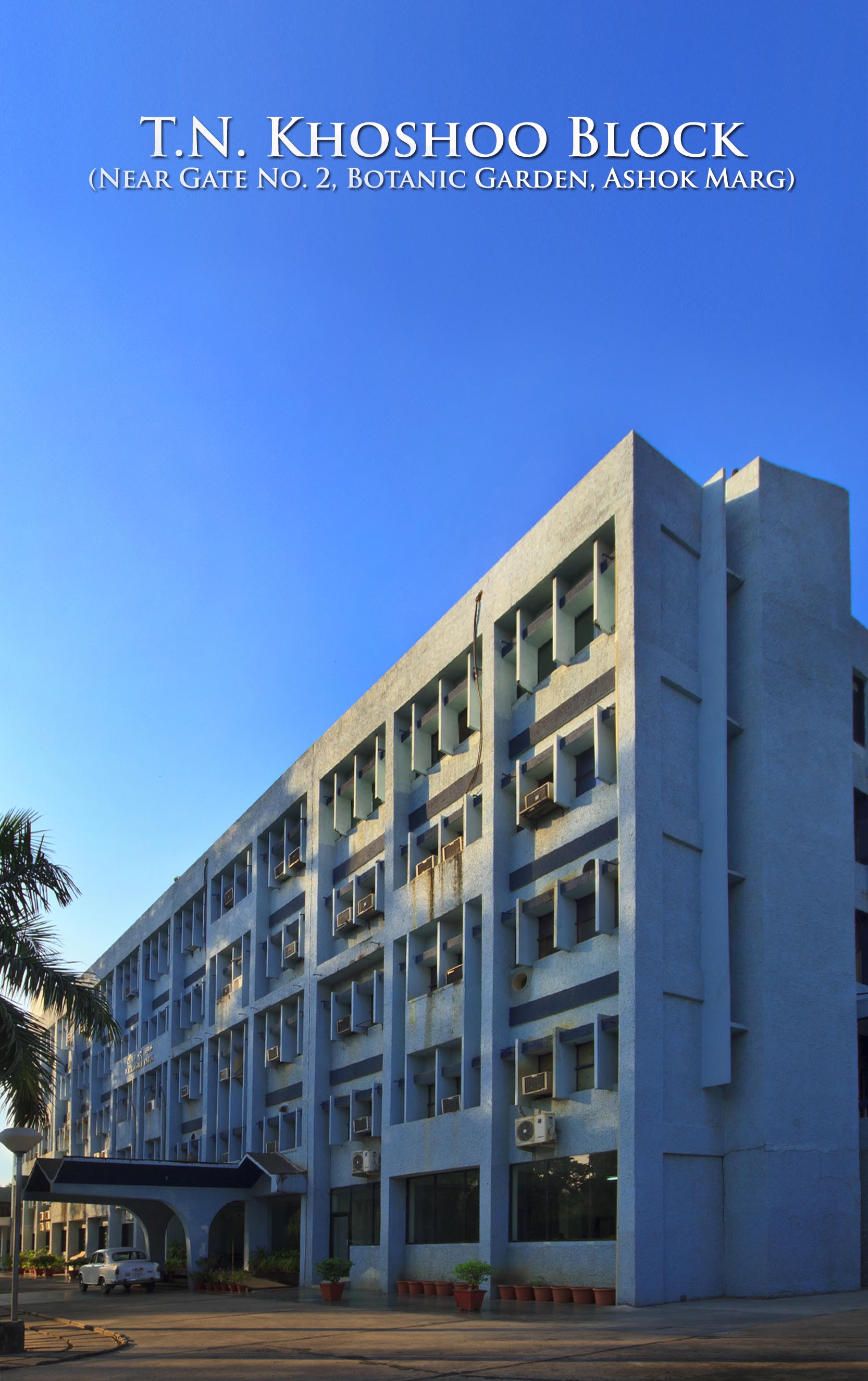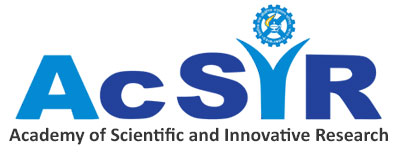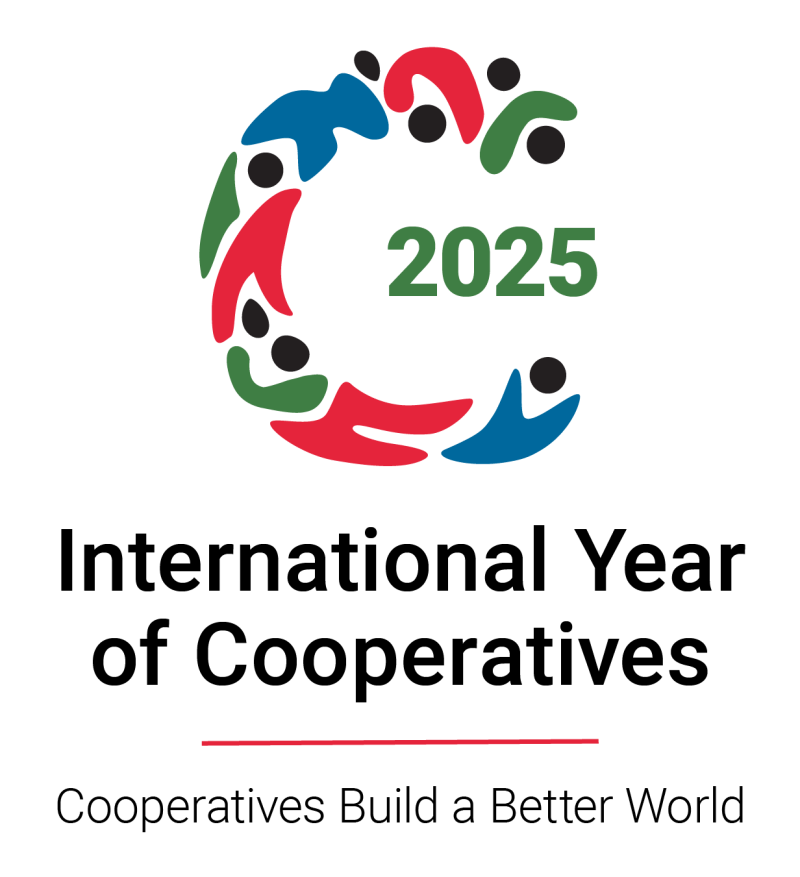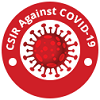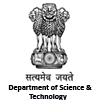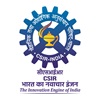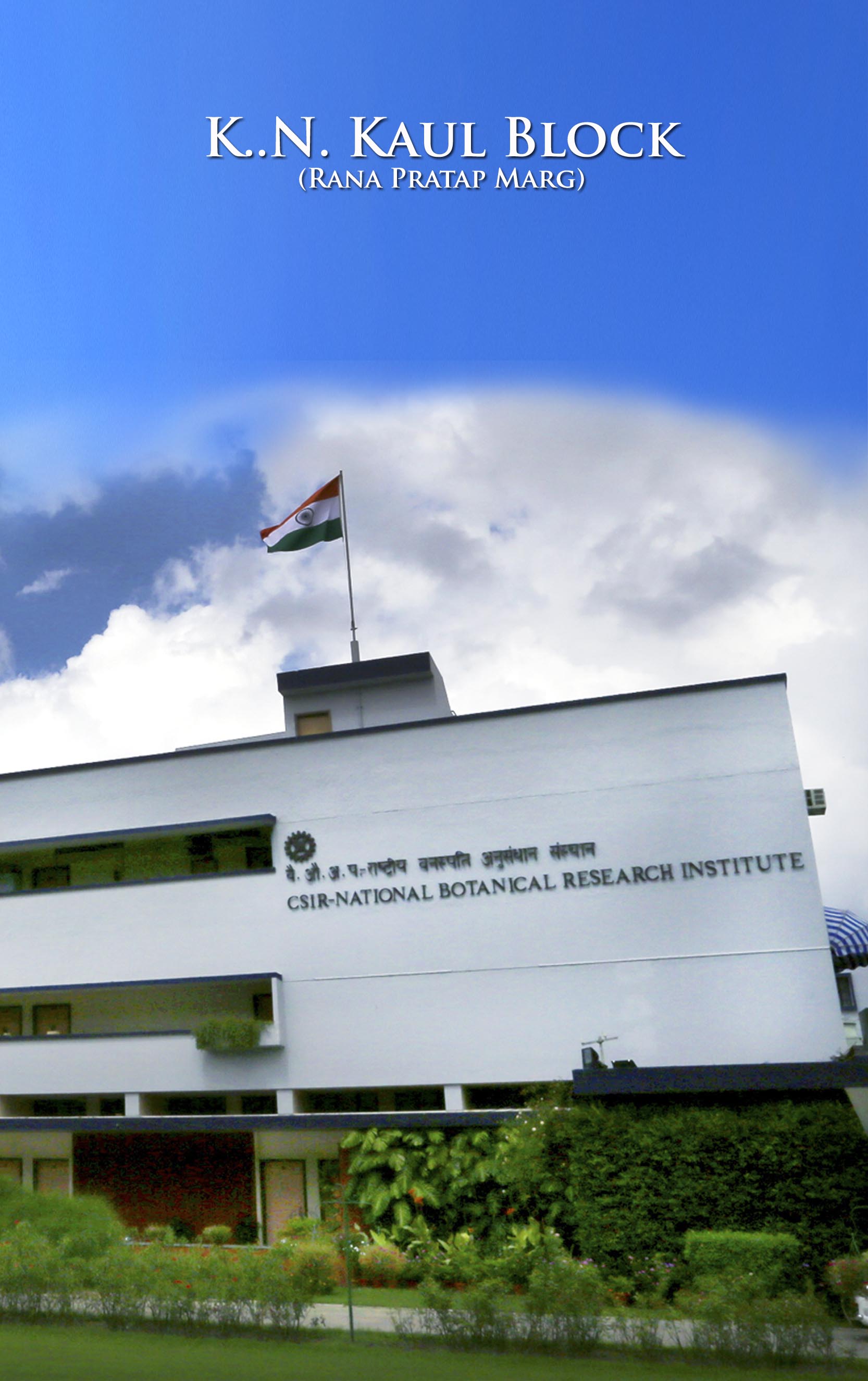
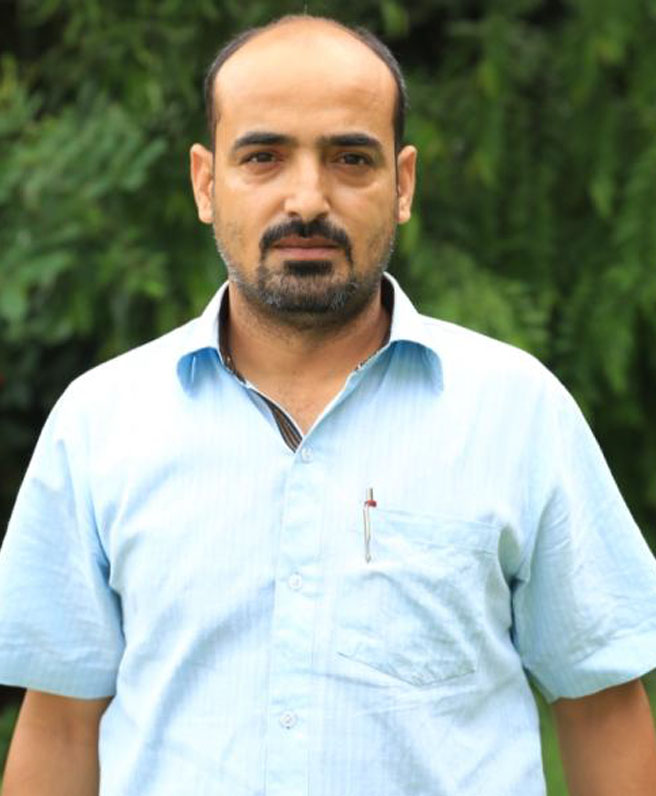
Dr Rakesh Chandra Nainwal
Principal Scientist
Research Interests
The group has been involved mainly for socio-economic development of weak section of society (marginal and poor farmers) through enhancing production of agricultural systems, skill development and outreach programme with emphasis on development of appropriate agro-technology for non-traditional economic plants including medicinal and aromatic plants, in diverse cropping systems, aiming at economic utilization of partially reclaimed sodic lands. Different activities to achieve these objectives involve germplasm collection from different agro-climatic conditions, their ex-situ conservation, selection of elite material with good growth and yield attributes, development of their propagation protocol for large scale multiplication and conducting field experiments for development of agro-techniques in different cropping systems including inter-cropping with trees and other economic crops.
- Standardization of agro-technology of different medicinal and aromatic / non-traditional economic plants for sustainable utilization of sodic wastelands.
- Providing R & D support services by conservation and enrichment of various germplasm, plant propagation.
- Ecological development of sodic waste land through adaptable plats and tress, their conservation and interactive response.
- Provides trainings, demonstrations to rural and peri-urban farmers, women and youth for employment generation and economic empowerment through demonstration and technology transfer at Farm and at their places as well under Outreach programmes/ Extension activities.
Dr Rakesh Chandra Nainwal
Principal Scientist
Research Details
Plant Conservation and Agro-technology : Distant Research Centres (DRC), Banthra – OLP 100
- Collection and conservation of forty five (50) spp. of – Bamboo from different regions/parts of India to establish Bambusetum at Distant Research Centres (DRC).
- Collection, conservation and evaluation of ninety four (94) accessions of Amaranth spp. from different regions/parts of India to evaluate the best suited for successfully cultivation on sodic soil condition for their commercial cultivation and income generation for the farmers. Among the accessions, some are collected from diverse locations of Uttrakhand and Uttar Pradesh, some are alite lines and some are wild occurrence. Attempts are made to collect the more accessions from different locations of India.
- Collection, conservation and evaluation of thirty (30) varieties of tuberose (Polianthes tuberosaL.) including single type and double type flower both, from different SAUs/ Institutions of the country. Among these varieties, screening for suitable variety, is going on, for production of long lasting flower spikes, for economically and sustainably utilization of sodic waste land as a source of income generation for the farmers.
- Collection, conservation and evaluation of medicinal plants viz., Isabgol (Plantago ovata) – 9 varieties, Ashwagandha (09 varities), Viola pilosa, Bhuamla(Phyllanthus amarus), Motha (Cyperus rotundus) etc under partially reclaimed sodic soil condition for their commercial cultivation and income generation for the farmers.
Revalidation of Good Agricultural Practices –GAPs, to develop agro-technology for the cultivation of medicinal plants- GAP 3404
During the investigation, field trials for evaluation of agriculture practices for proposed medicinal plants Viola pilosa, Phyllanthus amarus and Cyperus rotundus has been conducted to standardize the agro technology for these plants.
- Phyllanthus amarus was grown in different spacing with diverse nutrition mediums for vegetative growth of the plant. Among the diverse combinations of spacing and nutritional mediums, Phyllanthus amarus, cultivated in the combination of 20 x 30 cm spacing and PSB+ Azotobacter nutritional medium, found the best combination for growth of the plant.
- Cyperus rotundus was grown in different spacing with diverse nutrition mediums. Among the diverse combinations of spacing and nutritional mediums, Cyperus rotundus, cultivated in the combination of 30 x 30 cm spacing and PSB+ Azotobacter nutritional medium, found the best combination for rhizome production. Oil content and total oil yield of the same combination was also higher.
- Viola pilosa, was collected from kumaon hills, Uttrakhand and trials for its domestication were also being conducted. Three methods for propagation viz., from seed, suckers and cuttings were evaluated and seed sowing was found a successful for cultivation of Viola pilosa at the spacing of 25 cm between plants and 30 cm between the rows. Through seed sowing less mortality was obtained and higher values for growth characteristics viz., plant height, plant biomass and number of flower per plant were obtained.
Aroma mission – HCP 0007
Under Aroma mission, enhanced the area by promoting the cultivation of NBRI released turmeric variety ‘Kesari‘ in different states viz., Uttar Pradesh, Bihar Uttrakhand, Haryana, Orissa, Maharashtra etc through following activities:
- Standardization of agro-technology and agro-economics for improved curcuma variety (Keasri).
- Enable the farmers to increase the productivity and income from their existing cropping system by introducing turmeric as intercrop and selling the leaf oil extracted from waste leaves of turmeric.
- A number of trainings provided to farmers of different regions/locations to increase their farm income by adopting diversified and sustainable farming.
Increase the area under Turmeric cultivation especially for NBRI developed Kesari variety by conducting Multi location trials (MLTs) across the country.
Dr Rakesh Chandra Nainwal
Principal Scientist
Publications
- R.C. Nainwal, S. C. Saxena and V. Pratap Singh 2010. Effect of pre- and post- emergence herbicides on weed infestation and productivity of soybean. Indian J. of Weed Science 42 (1 & 2): 17-20.
- Rakesh Chandra Nainwal, S C Saxena and Ashok Joshi 2013. Comparative efficacy of herbicides for weed management of soybean in Uttrakhand. Soybean Research 11(2): 55-61.
- S C Saxena, Rakesh Chandra Nainwal and Ashok Joshi 2013. Optimization of Nutritional Levels for Newly Released Soybean [Glycine max (L.) Merrill] Varieties in Mollisols of Uttarakhand. Soybean Research 11(2): 43-54.
- R C Nainwal, D Singh, R S Katiyar, L Sharma and S K Tewari 2015. Response of garlic to integrated nutrient management practices in a sodic soil of Uttar Pradesh. Journal of Spices and Aromatic Crops 24 (1) : 33–36 (2015)
- D Singh, R C Nainwal, L Bahadur and S K Tewari 2015. Integrated nutrient management in calendula (Calendula officinalis) grown in partially reclaimed sodic soil condition. Journal of Spices and Aromatic Crops 24 (2): 129-132.
- C. Nainwal, R.S. Katiyar, Devendra Singh and S.K. Tewari (2016) Genetic studies in relation to improvement of Gladiolus (Gladiolus grandiflora L.) grown in partially reclaimed sodic soil. Indian Journal of Horticulture. 73 (3): 396- 399.
- C. Nainwal, D. Singh, R.S. Katiyar, S.S. Tripathi, S.K. Sharma, S. Singh, L.K. Sharma, V. Chaturvedi and S.K. Tewari (2016). Rehabilitation of Sodic Waste Land through Agro-Forestry System. International Journal of Plant and Environment (IJPE). 2 (1-2): 29-35.
- Shalini Goyat, Anita Grewal, Hima Bindu, Devendra Singh, R S Katiyar, S K Tewari and R C Nainwal (2018). Amplified fragment length polymorphism (AFLP) Based Genetic diversity studies in Betel vine (Piper betle) East African Agricultural and Forestry Journal. 1-12.
- Bajpay, R. C. Nainwal, D.Singh and S. K. Tewari (2018). Medicinal value of Cyperus rotundus Linn: An updated review. Medicinal Plants Vol. 10 (3), 165-170.
- Shalini Goyat, Anita Grewal, Devendra Singh, R.S. Katiyar, S.K. Tewari, C.Nainwal and K. Hima Bindu (2019). Sex-linked AFLP marker identification in dioecious Betelvine (Piper betle L.). The Journal of Horticultural Science and Biotechnology. 1-6.
- A Bajpay, RC Nainwal and D Singh (2019). Coptis teeta: A potential endemic and endangered medicinal plant of Eastern Himalayas. Medicinal Plants Vol. 8(4): 245-248.
Dr Rakesh Chandra Nainwal
Principal Scientist
Patents
Dr Rakesh Chandra Nainwal
Principal Scientist
Research Details
Dr Rakesh Chandra Nainwal
Principal Scientist
Address
Botanic Garden, CSIR-NBRI, Rana Pratap Marg, Lucknow
Email: rakesh.nainwal[at]nbri.res.in
Phone no.: 0522 2297953
